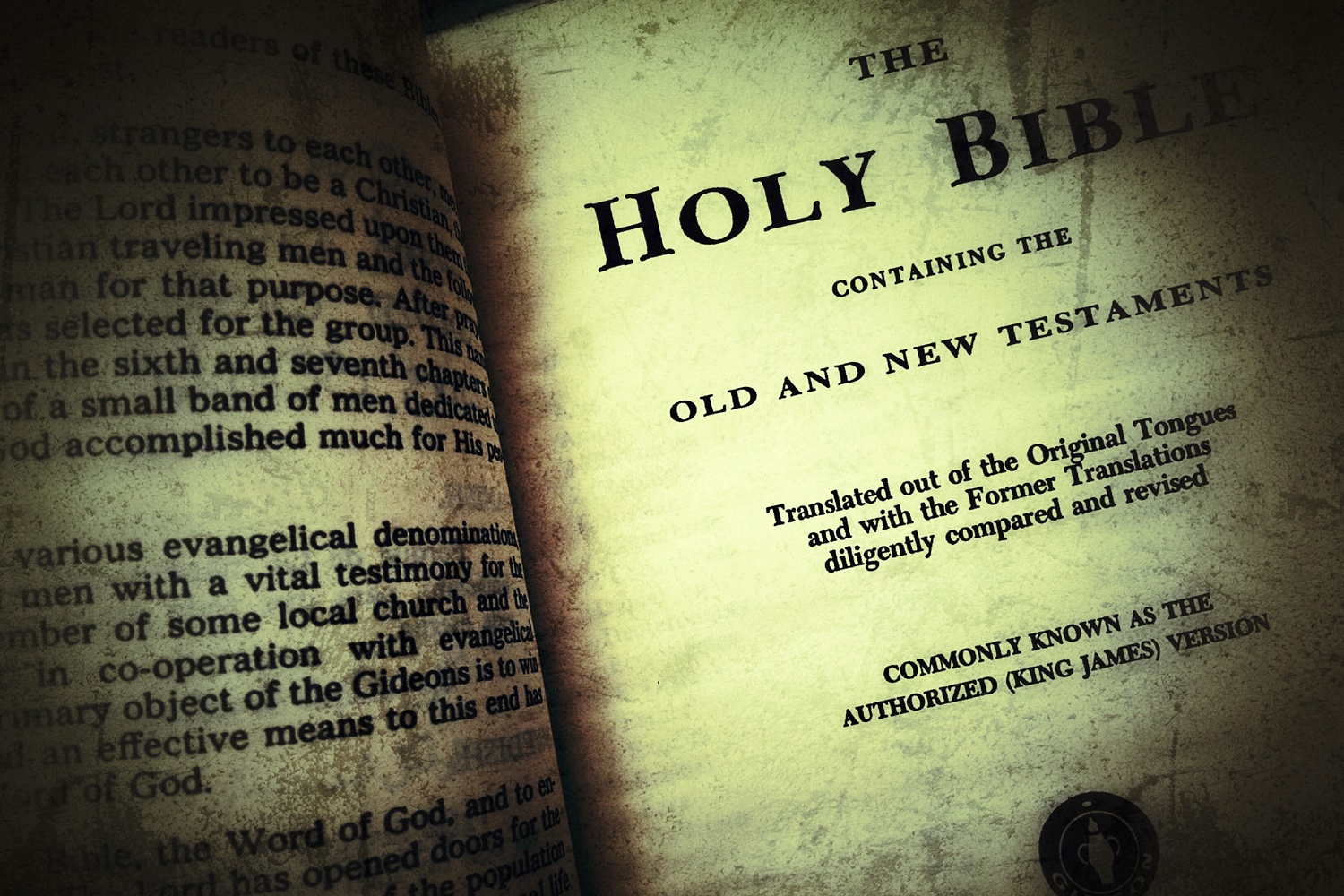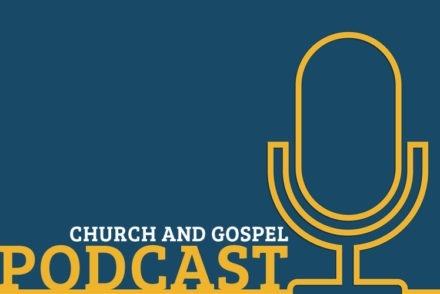“Keep the change.” We’ve all said it. We’ve all offered our servers or cashiers a magnanimous tip of whatever money is left over after we’ve paid our bill. Most of us have said it at church, too. “Keep the change!”
Change. How can such a little word cause so much trouble? What is it about the word that scares us so badly?
The biggest problem with change is that we don’t really understand it. We’ve bought into myths and half-truths about a central truth in life. Change happens.
So, let’s debunk a few of these myths.
Myth #1 – Change ignores the past.
At face value this sounds true but it rings hollow. Not all change ignores the past. Not all change denies the value of our memories. In fact, some change actually needs to occur to honor the past.
In the life of a church, dozens of people invest hundreds of hours and thousands of dollars to advance the cause of Christ. They do so to magnify His name not build a memorial to theirs. Yet, when we stubbornly resist change in the name of someone’s memory, we miss the point of their sacrifice and risk undermining it all for the sake our memories. They were willing to change in the past to advance the Kingdom, to ensure a future for the church. If you want to honor their memory, follow their example in the present.
Myth #2 – You have to change to grow.
On the other end of the change spectrum is the notion that we must change everything in the present for the sake of the future. Many new pastors and a lot folks with little life experience wrongly assume that, if a church is going to grow and meet the needs of its ever-changing community, it must change accordingly and constantly. Their mantra is, “If we’ve done it more than once, it’s already old.”
On the surface, that sounds right and sometimes proves to be true. But, it’s not a universal truth, at least not in the sense that it’s meant. In some cases, churches quit growing because of sin not worship style. Some churches stagnate because their love of the Gospel has grown stale not because still hold to some traditions. Sometimes all the church needs to do is repent and return to her first love. The growth begins when the church changes its heart not its practices.
Myth #3 – You can grow without changing.
Right now, you’re asking yourself, “Did he just contradict himself?” Trust me. I did not.
While a church may have to make no substantial changes in their worship style or how they dress to effect growth, growth always effects change. Let me say that a different way. If the church grows, it will change. It has to. New people bring new personalities, new desires, new gifts, and new challenges. The more we grow, the more we change. Automatically.
While, in all honesty, we have not changed our ways all that much in my five years at Doorway Baptist Church (the church where I serve as pastor), we have changed a lot. There are now more new people here than old. We are literally a different church than we used to be. That’s the kind of change we can live with because that’s the kind of change we live by.
Myth #4 – You don’t have to change at all.
About the last myth, I said, if the church grows, even without making any changes, it changes. But, that’s not what I mean here. Those who hold to this myth believe, if they can just avoid change, things will remain the same. That’s simply not true either.
The Greek philosopher, Heraclitus, once said, “You cannot step into the same river twice.” What he meant was that if you stepped back into the same river, even milliseconds later, you would be stepping into different water. Change is part of nature. So, even the church that resists all change will change. It will grow older. It will grow smaller. It will grow colder. No matter what happens, your church in 2017 will not and cannot be like your church in 2018.
What do we do? We embrace change. We grab the bull by its horns and direct it where we want to go. If we change the circumstances, we change the outcome. If we don’t, the circumstances will change us.
So, repeat after me, “Change is good.”





